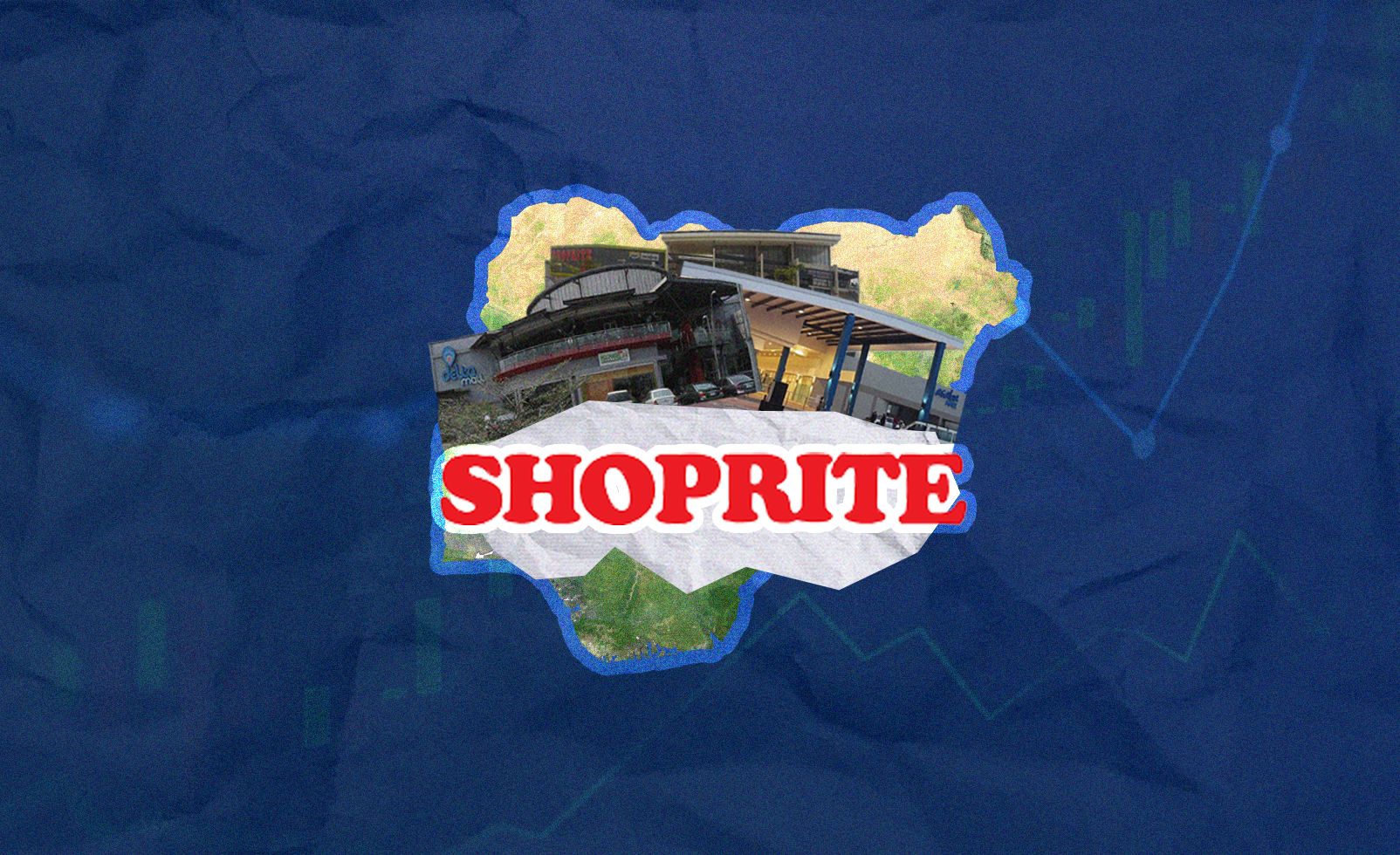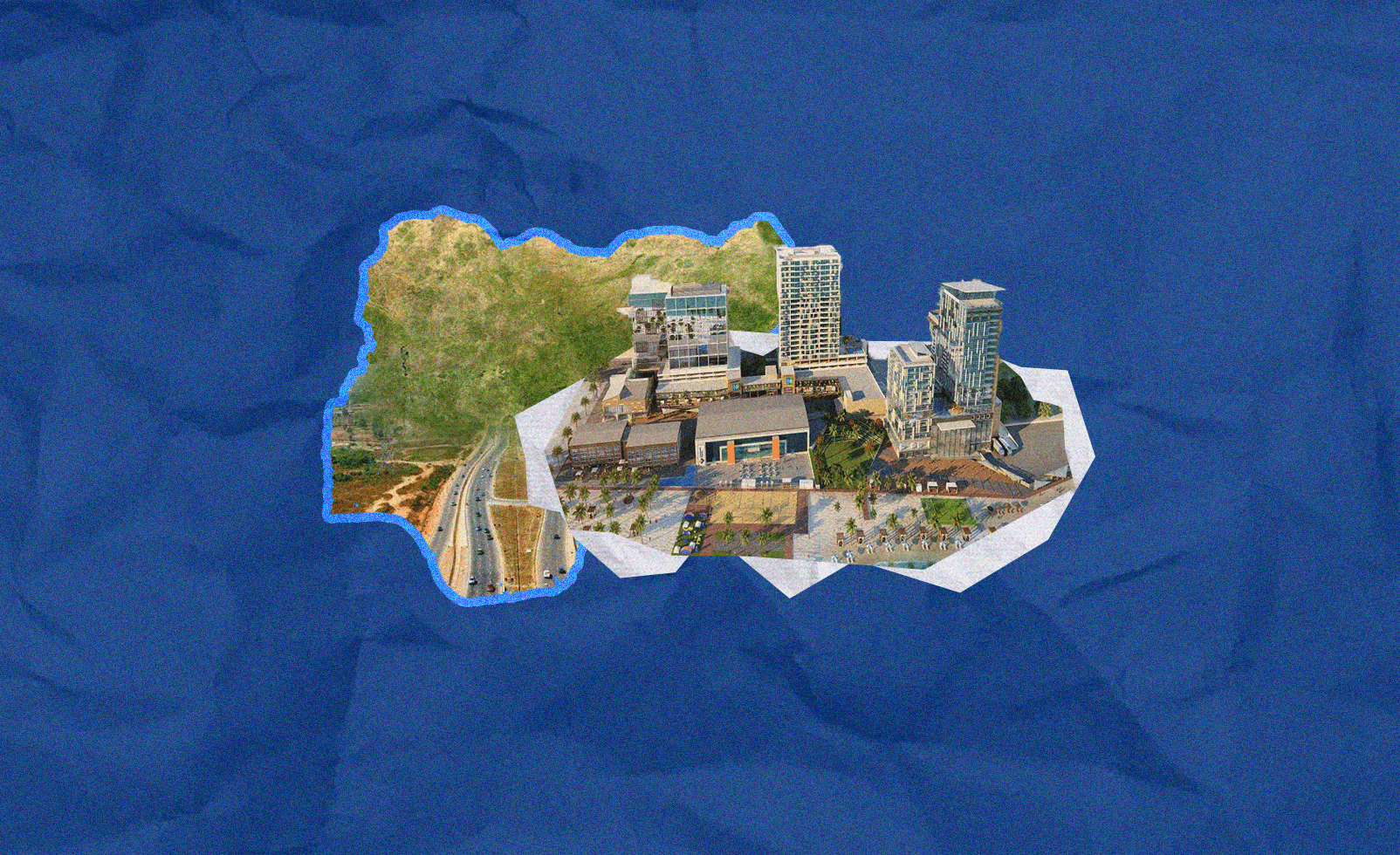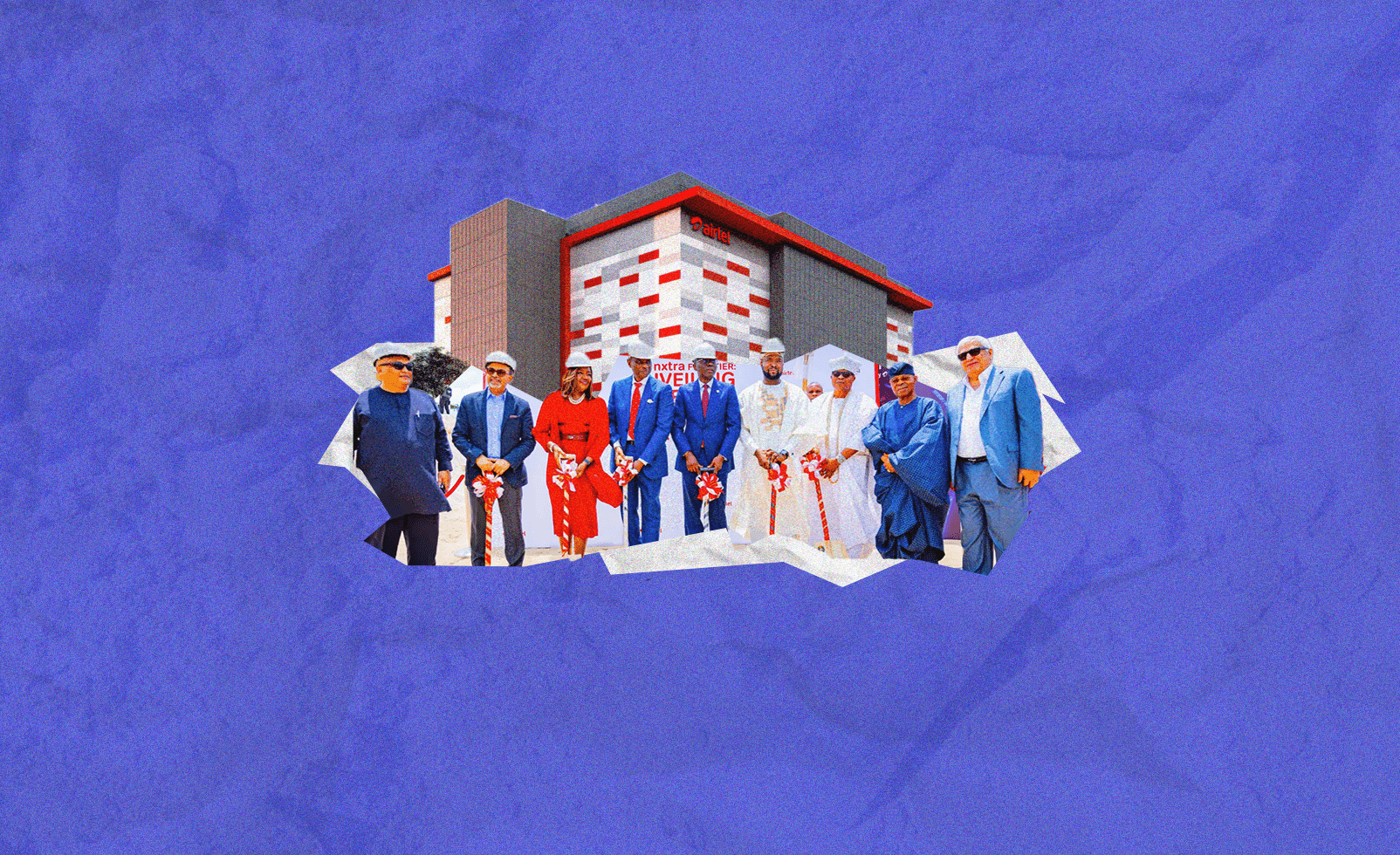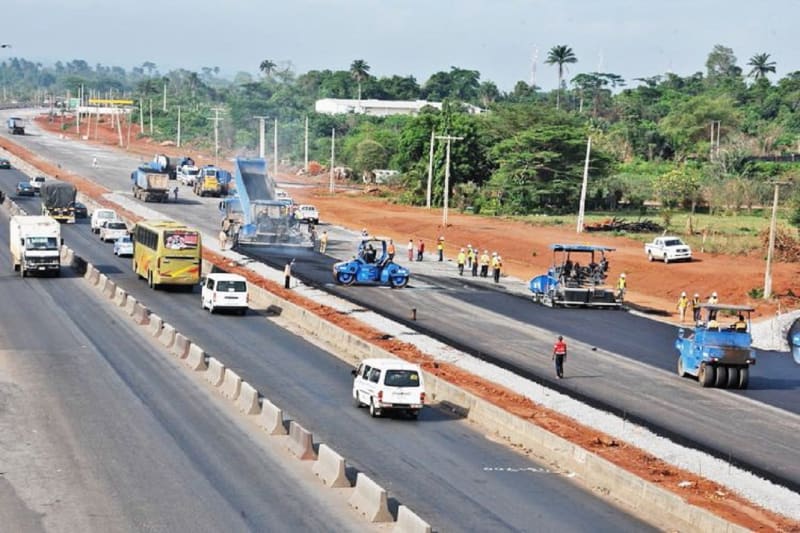Key Infrastructure Projects Driving the Emerging Industrial Nodes in Lagos
Bisi Adedun . 1 year ago

Share this post
Subscribe to our newsletter
Infrastructure projects have been established to be key drivers of growth in the industrial sector, and real estate as a whole. Industrial nodes are important for multiple reasons as they provide job opportunities and encourage local production. The economic impact of the industrial sector is not isolated as it also translates into the establishment of…
Infrastructure projects have been established to be key drivers of growth in the industrial sector, and real estate as a whole. Industrial nodes are important for multiple reasons as they provide job opportunities and encourage local production. The economic impact of the industrial sector is not isolated as it also translates into the establishment of office and residential developments in surrounding areas. .
Estate Intel currently tracks eight industrial nodes across Lagos state, the biggest being Oba Akran and Oregun with 270,366.96 sqm and 207,808.89 sqm respectively. In addition to this, Apapa is an established industrial node in Lagos, with 32,000 sqm of warehouse space with multinational companies including Honeywell contributing to it. It is an area within the city whose growth was largely linked to the completion and heavy utilization of the port within the area to enable the importation and exportation of goods. As a result, an industrial node was borne, which drove further development of the area to include office and residential buildings, and spiraled into neighboring communities.
In that vein, we’re reviewing emerging industrial nodes in Lagos and the key infrastructure projects supporting their growth.
Lagos-Ibadan Expressway Node
Current average rental price: ₦12,500.00 per sqm
Location: The Lagos-Ibadan Expressway stretch
Total Number of Properties Covered: 15
Total Stock: 102,749.5
The Lagos-Ibadan Expressway Industrial hub is located along the stretch of the expressway, which extends from Berger, Lagos state to Ibadan, Oyo state. Due to its location on the outskirts of Lagos, the area offers low land prices making it an attractive location for warehouses and factories. Additionally, its location along one of the busiest interstate routes in Nigeria which links northern, southern and eastern parts of Nigeria offers ease of transportation.
Despite the perks the area offers for industrial facilities, its growth as an industrial hub was inhibited by poor infrastructural facilities such as the unsafe road networks and closures due to repairs. However, its appeal is expected to increase in the following years as a result of the ongoing repairs and expansion of the expressway as part of the federal government’s efforts in improving transportation infrastructure.
Infrastructure projects facilitating the growth of the Lagos-Ibadan Expressway
Lagos-Ibadan Expressway
Status: Ongoing
Sponsor: Federal Government
Lekki Free Trade Zone Node
Current average rental price: ₦17,500.00 per sqm
Location: Ibeju Lekki
Total Number of Properties Covered: 7
Total Stock: 49,756.0
The Lekki Free Trade Zone is a modern free zone created in 2006 with the aim to foster economic development and investment within the Lekki area by offering incentives, including:
- Zero corporate income tax on Free Zone income
- Zero withholding tax on dividends
- Zero VAT on purchases made within the free zone
- No customs duties on imports
- Revenue collection in USD allowed in the Zone
These incentives coupled with the infrastructure projects such as the recently commissioned Lekki Deep sea port provide favorable operating conditions and outlook for the area.
The Lekki Deep Sea Port is Nigeria’s first deep sea port and among the largest in Africa. It serves as a major point of entry into Lagos, with the port being connected to a network of industrial nodes such as the Ibeju-Lekki Free Trade Zone which currently holds an estimated total stock of 49,800 sqm and Alaro city.
Consequently, the presence of the port within the area is expected to spur the Lekki-Epe industrial node and increase the presence of facilities such as warehouses, office spaces, and business parks within the area.
The Lekki area of Lagos has witnessed immense development over the past few years, which is unlikely to slow down anytime soon. Projects like the conceptual Lekki International Airport and the ongoing construction of the Lekki-Epe expressway are expected to ease movement and reduce transit times within the Lekki area. Thus, creating an attractive location for further investment and development of the Ibeju-Lekki area of Lagos.
Infrastructure projects facilitating the growth of the Lekki Free Trade Zone
Lekki Deep Sea Port
Status: Active
Location: Ibeju Lekki
Sponsor: Federal Government
Lekki International Airport
Status: Conceptual
Location: Lekki
Sponsor: Lagos State Government
Lekki-Epe Expressway
Status: Ongoing
Sponsor: Federal Government
Other infrastructure projects currently ongoing in Lagos state
Badagry Sea Port
Status: Implementation
Location: Gberefun
Sponsor: Federal Government
Lagos-Badagry Expressway
Status: Ongoing
Sponsor: Federal Government
Implications: The Badagry Sea Port is being developed as a regional port to serve both local and international trade. This would improve connectivity between the state and other countries, thus creating another international gateway for Lagos.
Similar to the Lekki deep sea port, this port will serve as an alternate point of entry and exit for goods in the city, thus freeing up the Apapa port and environs. Historically, areas that house ports have undergone rapid industrialization with the presence of warehouses in close proximity to the ports for easy storage of goods.
As a result, this port is expected to create a vibrant industrial node in the area, as well as provide employment opportunities for the local people. According to the minister of transportation, Mr. Chibuike Rotimi Amaechi, construction of the Badagry sea port will commence before May 2023.
Additionally, the ongoing construction of the Lagos-Badagry will provide an efficient transportation link between Lagos and Badagry, which would improve connectivity, spur economic activity, and create a conducive environment for industrialization.
We love your feedback! Let us know what you think about Key infrastructure projects driving the emerging industrial nodes by sending an email to [email protected].
Subscribe to ei Pro to access affordable real estate data such as; transaction comparables, sales rates, yields, supply drivers, and information on key real estate market participants who are active in the market.
Related News
You will find these interesting

Bisi Adedun . 3 days ago
asaba mall
Delta Mall

Bisi Adedun . 1 week ago
andmark tower
Lagos-Calabar highway

Bisi Adedun . 1 month ago
Airtel Business under its Nxtra arm recently conducted the groundbreaking for their new data centre facility in Lagos, N...
airtel nxtra
Data Centres


